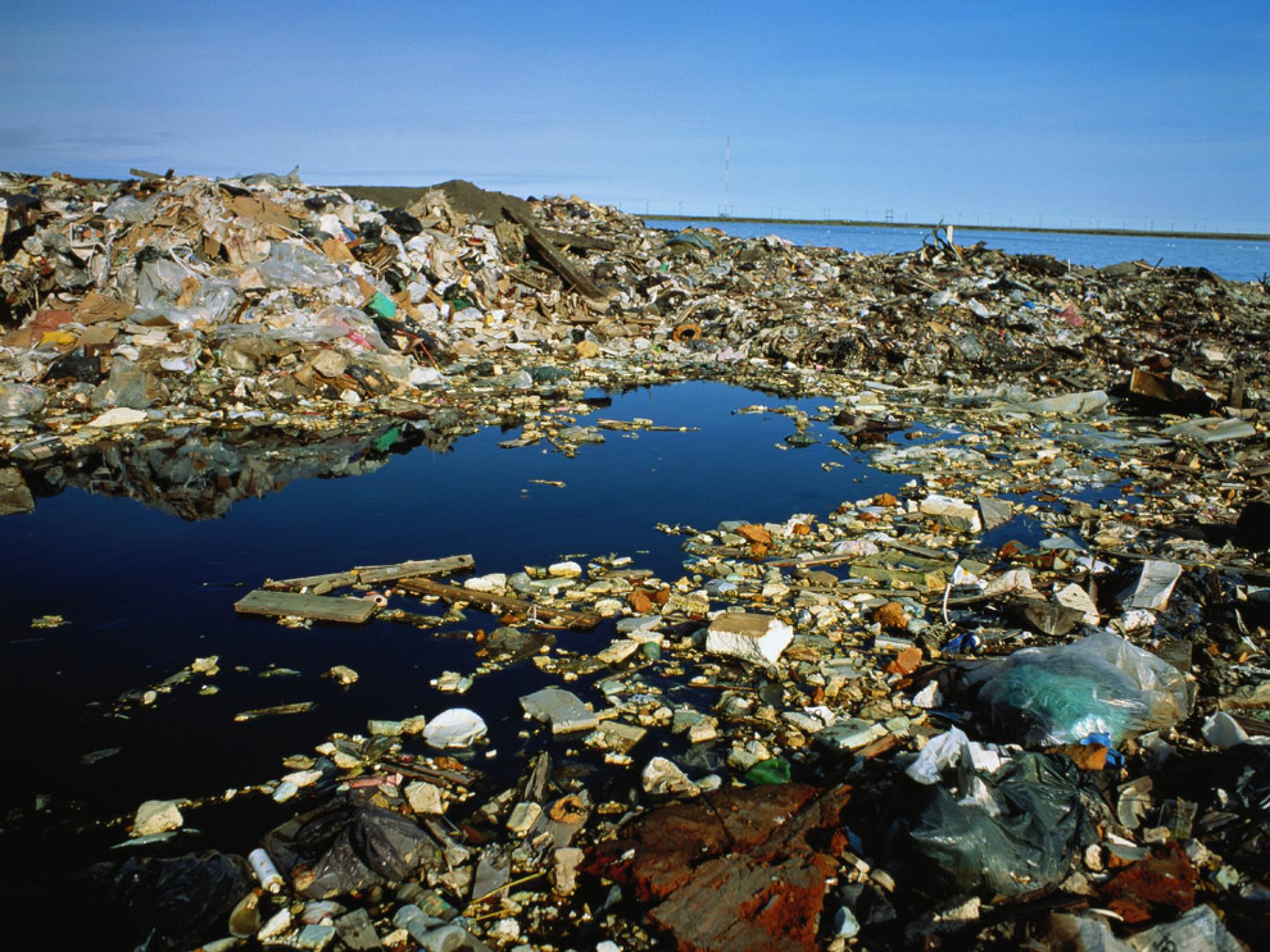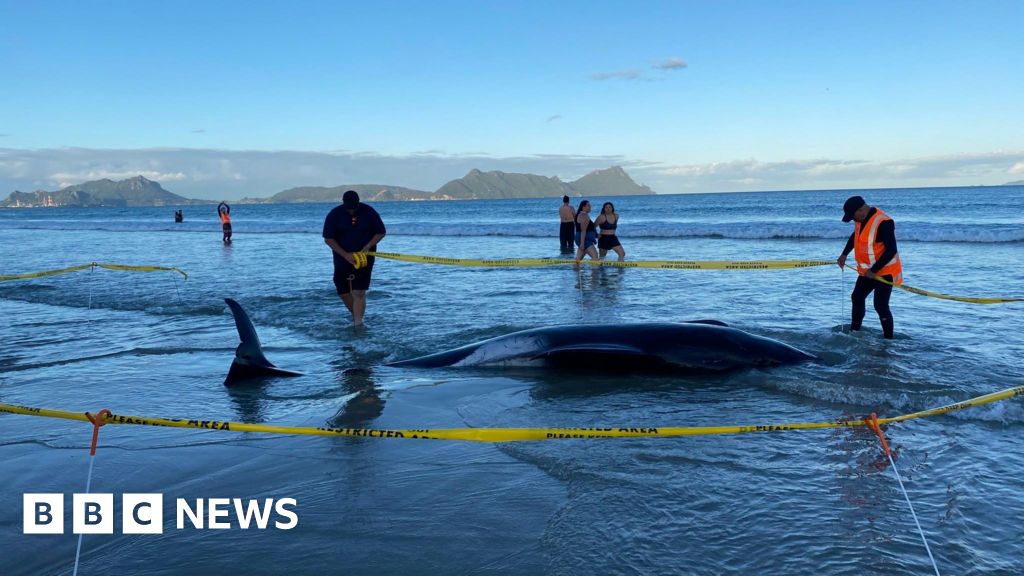The starting point for restoring sanity in sustainability reporting can be traced to events at the global level, which saw the merger between IIRC and US SASB to form the Value Reporting Foundation (VRF) in 2020. VRF was subsequently absorbed by ISSB along with CDSB, after COP 26 in Glasgow. This was in response to IFAC’s calling on the IFRS Foundation to come and restore sanity in the sustainability reporting landscape, in which accountants are expected to play a leading role.
At present, sustainability reporting in Nigeria is a voluntary initiative by companies engaging in such practice. Although, the premium board listed companies are required by the Stock Exchange to engage in sustainability reporting, yet it is not a mandatory requirement. The motivation for engaging in such reporting has been traced to philanthropy, Corporate Social Responsibility (CSR), and giving back to the society. It is seeking for a good image and reputation. This is why such reporting has been criticised for its greenwashing.
A look at some of the published sustainability reports in the Nigerian capital market will show pictures of the commissioning of community projects such as water, roads, hospitals, schools or donations, scholarships, etc. Greenwashing is the act of making inflated, bogus, exaggerated, or misleading statements in corporate reporting. Images of the pictures in sustainability reports may not be a true reflection of the reality on the ground, for example the oil spills of oil and gas companies, or health problems caused by cement companies or the casual workers and financed emissions of banks. No pictures capture these.
The marketing, or good image making and enhancement motivation, behind such sustainability reporting can also be seen in the claim that one company’s sustainability report complies with multiple sustainability reporting standards and guidelines, such as the GRI, SASB, IIRC, CDP, CDSB, TCFD, Sustainable Banking Principles, Equator Principles, UN Global Compact principles, UN SDGs, among others. How? From the above, one can have a glimpse at the insanity and chaos pervading voluntary sustainability reporting in Nigeria at the moment. This calls for the restoration of sanity.
The starting point for restoring sanity in sustainability reporting can be traced to events at the global level, which saw the merger between IIRC and US SASB to form the Value Reporting Foundation (VRF) in 2020. VRF was subsequently absorbed by ISSB along with CDSB, after COP 26 in Glasgow. This was in response to IFAC’s calling on the IFRS Foundation to come and restore sanity in the sustainability reporting landscape, in which accountants are expected to play a leading role. TCFD formed the foundation of the ISSB’s initial standards.
The fourth category is public sector entities (2030), whose date is to allow the International Public Sector Accounting Standard (IPSASB) come up with a public sector sustainability standard. Already, the IPSASB had announced in June 2023 that it would begin developing a climate-related disclosures standard, a first for the public sector and it is currently doing so with the support of the World Bank.
The ISSB Chairman, Mr Emmanuel Faber personally launched the Nigerian adoption roadmap in a ceremony organised by FRC and NGX RegCo at the NGX building in Lagos. Nigeria had earlier become the first country in Africa to adopt the ISSB standard. The roadmap was midwifed by the Adoption Readiness Working Group (ARWG), which FRC inaugurated on 6 June 2023.
Under the roadmap, there are four categories of adopters with assigned adoption dates. These are (1) early adopters for an accounting period ending on or before 31 December, 2023; (2) voluntary adopters for an accounting period ending or before December, 2026; (3) mandatory adopters for the accounting period beginning on or after 1 January, 2027. This mandatory phase is categorised into three, which includes (1) Significant Public Interest Entities (PIEs) (2027); (2) Other PIEs (2028) and finally (3) SMEs (2030). So, we are at the voluntary phase, which will last till 2027 before it becomes mandatory.
Nigerians need credible journalism. Help us report it.
PREMIUM TIMES delivers fact-based journalism for Nigerians, by Nigerians — and our community of supporters, the readers who donate, make our work possible. Help us bring you and millions of others in-depth, meticulously researched news and information.
It’s essential to acknowledge that news production incurs expenses, and we take pride in never placing our stories behind a prohibitive paywall.
Will you support our newsroom with a modest donation to help maintain our commitment to free, accessible news?
The fourth category is public sector entities (2030), whose date is to allow the International Public Sector Accounting Standard (IPSASB) come up with a public sector sustainability standard. Already, the IPSASB had announced in June 2023 that it would begin developing a climate-related disclosures standard, a first for the public sector and it is currently doing so with the support of the World Bank. The aim is to develop a global baseline for sustainability reporting in the public sector, as ISSB has done for the private sector.
The FRC and Nigerian Integrated Reporting Committee (NIRC) have signed an MOU under which the NIRC supports FRC in the ISSB’s sustainability standards adoption, advocacy, capacity building and technical implementation works. As part of the capacity building effort, FRC-NIRC has conducted a Sustainability Awareness capacity building for the financial sector in Abuja between 10th and 11th July, with the oil and gas and telecommunications sectors scheduled to hold on the 4th and 5th of September in Lagos. This will be followed by the manufacturing sector, the regulators and assurance providers. A regulatory round table on implementation of the standards took place on 15 July in Abuja, where all the regulators agreed to work collaboratively to achieve the objective of the adoption.
This sanity will be evidenced by professional accountants bringing the same level of rigour in financial reporting to sustainability reporting. Already, IFRS S1 has stipulated the two fundamental qualitative characteristics that underpin financial reporting to also underpin sustainability reporting. These are relevance and faithful representation. Similarly, enhancing qualitative characteristics of financial reporting such as comparability, verifiability, timeliness and understandability also underpin sustainability reporting.
Globally, over 20 jurisdictions have already adopted or are taking steps to introduce ISSB Standards in their legal or regulatory frameworks. Together, these jurisdictions account for: (1) nearly 55 per cent of the global GDP; (2) more than 40 per cent of the global market capitalisation; and (3) more than half of global greenhouse gas emissions. Together, the 20 plus jurisdictions that have taken steps to adopt or otherwise use ISSB Standards account for around 75 per cent of global market capitalisation, excluding the United States. The IOSCO has already endorsed the ISSB’s sustainability standards.
Thus, there is an unprecedented move from voluntary to mandatory sustainability reporting, both at the global and national levels in Nigeria.
Under the ISSB’s Sustainability Standards, verifiable metrics and targets, which preparers and users can lean on to measure the true performance of entities on the sustainability topics, will define sustainability reporting. It will no longer be pictures of the commissioning of CSR projects that will define sustainability reporting. Professional accountants will come in with their expert reporting skills, internal control over information systems, assurance and professional scepticism, while working with sustainability professionals to bring authenticity and trust to sustainability reporting, thereby exorcising the spirit of greenwashing and bringing sanity to the landscape.
This sanity will be evidenced by professional accountants bringing the same level of rigour in financial reporting to sustainability reporting. Already, IFRS S1 has stipulated the two fundamental qualitative characteristics that underpin financial reporting to also underpin sustainability reporting. These are relevance and faithful representation. Similarly, enhancing qualitative characteristics of financial reporting such as comparability, verifiability, timeliness and understandability also underpin sustainability reporting. Then with these, reasonable assurance will kick in and users can now trust sustainability information as they currently do for financial reporting. That will be the final sanity restored.
Innocent Okwuosa is the chairman, Nigerian Integrated Reporting Committee and immediate past president, Institute of Chartered Accountants of Nigeria.
Support PREMIUM TIMES' journalism of integrity and credibility
At Premium Times, we firmly believe in the importance of high-quality journalism. Recognizing that not everyone can afford costly news subscriptions, we are dedicated to delivering meticulously researched, fact-checked news that remains freely accessible to all.
Whether you turn to Premium Times for daily updates, in-depth investigations into pressing national issues, or entertaining trending stories, we value your readership.
It’s essential to acknowledge that news production incurs expenses, and we take pride in never placing our stories behind a prohibitive paywall.
Would you consider supporting us with a modest contribution on a monthly basis to help maintain our commitment to free, accessible news?
TEXT AD: Call Willie - +2348098788999




















 English (US) ·
English (US) ·